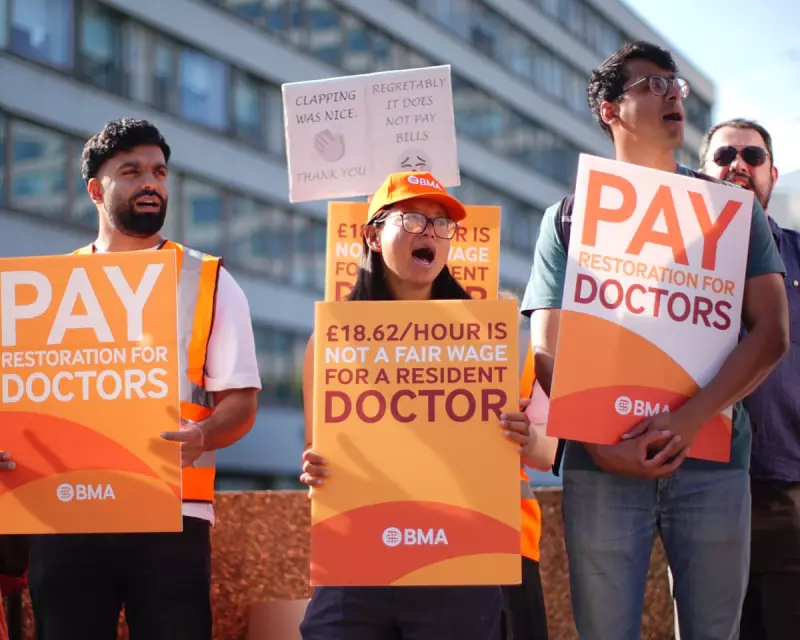
Junior doctors across England are preparing to walk out on strike once again in a major escalation of their ongoing pay dispute with the government. The British Medical Association (BMA) has announced a fresh five-day strike scheduled for December, marking another significant disruption to NHS services.
The Core of the Conflict
At the heart of this renewed industrial action lies what junior doctors describe as years of pay erosion. The BMA maintains that junior doctors have experienced a 26% real-terms pay cut since 2008 when accounting for inflation. Despite previous strikes and negotiations, doctors feel the government's offers have failed to address this fundamental issue adequately.
The upcoming strike follows a breakdown in talks between the doctors' union and government representatives. Both sides appear to have reached an impasse, with the BMA accusing the government of failing to present a credible offer that would restore pay to appropriate levels. The union has set a clear target of achieving pay restoration to 2008 levels, though they express willingness to negotiate a realistic timeframe for achieving this goal.
Timeline and Impact
The planned industrial action is scheduled to begin on December 3rd and continue through December 7th. This five-day walkout represents one of the longest single periods of strike action in the current dispute and is expected to cause substantial disruption to NHS services nationwide.
Hospital trusts across England are already preparing for the significant impact this strike will have on patient care. The December timing is particularly concerning for health service managers, as it falls during a period when the NHS typically experiences increased pressure due to winter illnesses and seasonal demands. Previous strikes have led to the cancellation of tens of thousands of appointments and procedures, and health leaders anticipate similar disruption this time.
Broader Implications for the NHS
This renewed strike action highlights the ongoing challenges facing the National Health Service and its workforce. The dispute comes at a time when the NHS is grappling with multiple pressures, including waiting list backlogs, staffing shortages, and financial constraints.
The continuing industrial action raises serious questions about the government's approach to resolving disputes with healthcare workers. With both sides appearing entrenched in their positions, patients face further uncertainty about when normal service might resume. The BMA has indicated that unless a satisfactory agreement is reached, further strikes cannot be ruled out, potentially extending the dispute into the new year.
As the strike dates approach, attention will focus on whether last-minute negotiations can avert the industrial action or if the NHS must once again prepare for another major disruption to services during one of the most challenging periods of the year.






